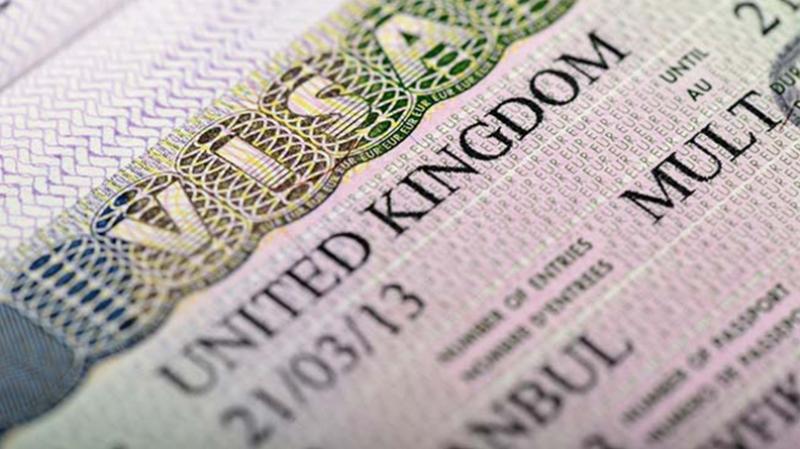 Engineers, IT professionals, doctors and teachers are among 6,080 skilled workers, including Bangladeshis, holding a UK job offer denied visas to the UK since December 2017, data released today reveals.
Engineers, IT professionals, doctors and teachers are among 6,080 skilled workers, including Bangladeshis, holding a UK job offer denied visas to the UK since December 2017, data released today reveals.
The Campaign for Science and Engineering (CaSE) acquired the figures through a Freedom of Information (FOI) to the UK Home Office to highlight the scale of the problem being created due to the British government’s annual immigration cap for skilled professionals hired by UK-based companies from outside the European Union (EU).
While there is no nationality-wise breakdown of the 6,080 visa refusals under the Tier 2 category between December 2017 and March 2018, it has emerged that more than half (3,500) were for engineering, IT, technology, teaching and medical roles. The cap under the Tier 2 visa category to allow companies to bring in professionals from outside the EU is set at 20,700 per year, with a monthly limit of around 1,600. It is the category of visa most commonly used by Bangladeshi restaurants in the UK to bring in chefs and other skilled staff from Bangladesh, which are also likely to be hit by the refusals.
Until December 2017, that limit had been exceeded only once in almost six years but since then that limit has been breached nearly every month.
Dr Chaand Nagpaul, chair of the British Medical Association Council (BMA), called for a more “flexible” immigration system which does not end up turning away doctors desperately needed to fill staff shortages in the state-funded National Health Service (NHS).
"The Tier 2 visa quota has been reached for the fifth month in a row, yet there are still more than 100,000 NHS posts unfilled, with vacancy rates rising. At a time when the NHS is under enormous strain and struggling to fill positions, the current visa restrictions and arbitrary caps for non-EU workers entering the UK are inexplicable and threatening patient care and safety," he said.
CaSE has been lobbying the UK government to make job offers in areas where there were clear shortages, such as science and engineering, exempt from the Home Office cap.
"The cap is beginning to cause damage and it needs to be addressed quickly. In the immediate term, shortage and PhD level roles should be made exempt from the cap… In the long term, an immigration system for a Global Britain that supports research and innovation should not feature a cap on the international specialists we want to attract," said CaSE Executive Director Dr Sarah Main, who had written to the British Prime Minister Theresa May earlier this year on the issue.
The UK Home Office said that while it recognises the “contribution” of international professionals, it is important that the country’s immigration system ensures that employers look first to the UK resident labour market before recruiting from overseas.
“When demand exceeds the monthly available allocation of Tier 2 (General) places, priority is given to applicants filling a shortage or PhD-level occupations. No occupation on the Shortage Occupation List has been refused a place,” a Home Office spokesperson said.
It also highlighted that any applications refused during over-subscribed months can re-apply for consideration in the next month. However, critics believe the the Shortage Occupation List does not go far enough and the entire quota-based system in unworkable.


